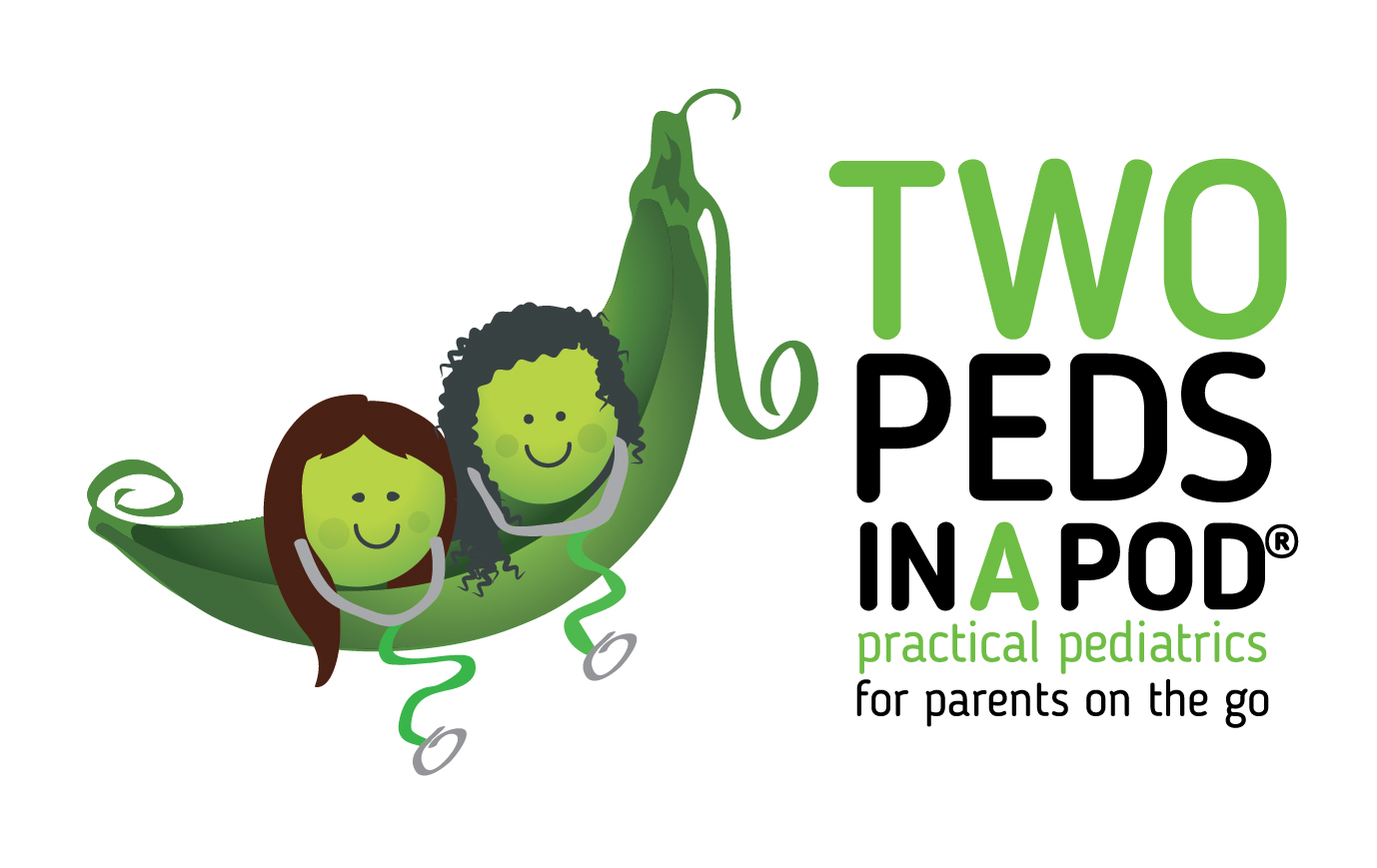 My sister-in-law was startled when brown spots began to appear on her preschooler’s teeth. A trip to the dentist revealed that my nephew had eleven cavities, the result of constantly drinking juice as an infant and toddler. Unfortunately, time in the operating room was required to fill all the rotten spots. Today our guest blogger, Dr. Paria Hassouri, answers frequently asked questions on infant dental care. Starting care as an infant can prevent your child from ending up like my nephew with a mouthful of cavities. Dr. Hassouri is a board certified pediatrician who completed her training at the Cleveland Clinic Foundation. She has been in practice for seven years and is with Cedars Sinai Medical Group in Beverly Hills, California. She is currently writing abook about the experience of pediatrician moms across the United States. – Dr. Lai
My sister-in-law was startled when brown spots began to appear on her preschooler’s teeth. A trip to the dentist revealed that my nephew had eleven cavities, the result of constantly drinking juice as an infant and toddler. Unfortunately, time in the operating room was required to fill all the rotten spots. Today our guest blogger, Dr. Paria Hassouri, answers frequently asked questions on infant dental care. Starting care as an infant can prevent your child from ending up like my nephew with a mouthful of cavities. Dr. Hassouri is a board certified pediatrician who completed her training at the Cleveland Clinic Foundation. She has been in practice for seven years and is with Cedars Sinai Medical Group in Beverly Hills, California. She is currently writing abook about the experience of pediatrician moms across the United States. – Dr. Lai
When do I need to start brushing my baby’s teeth?
You should start brushing your baby’s teeth as soon as they come out. You can either use a clean moist washcloth or a soft baby toothbrush to do this. Before this point, many pediatricians advocate wiping your infant’s gums with a washcloth a couple times a day.
While plain water is enough to clean the teeth and gums, you can also use a small amount of fluoride-free toothpaste. Flossing should begin anytime there is tight contact between the teeth, particularly when the molars come in.
When will my baby get his/her first tooth?
While most babies will get their first tooth between 6 to 10 months, your baby may not get his/her first tooth until 15 to 18 months.
What is “baby bottle tooth decay” and how do I prevent it?
Baby bottle tooth decay is caused by frequent and long exposure of an infant’s teeth to liquids that contain sugar. The sugar penetrates the gums and affects the teeth even while they are below the surface. Sugar-containing drinks include milk and formula (even breastmilk), fruit juice, and other sweetened drinks. Putting a baby to bed for naps or at night with a bottle increases the risk. And again, remember that your baby does not need any juice.
When does my baby need to first see a dentist?
While the American Academy of Pediatric Dentistry recommends dental visits starting at age one, you can ask your pediatrician when he/she thinks that your baby should first see the dentist. If you are already following a good dental care regimen which includes brushing your baby’s teeth regularly and not letting your baby fall asleep with a bottle, your pediatrician may say that you can wait longer for the first dental visit.
What to I do if my baby dislikes or refuses to let me brush his/her teeth?
Even if your child resists brushing, it is still very important to brush the teeth twice a day. You can try brushing in front of a mirror or taking turns with your child. You can also try having your child hold a larger, thicker handled toothbrush while you use a thinner handled toothbrush to brush the teeth. In this way, the thicker toothbrush acts as a “door stop” that your child can bite on to keep his mouth open while you follow through with the thinner toothbrush. Finally, you can try blowing bubbles or singing a special song while you are brushing your child’s teeth. That way your child associates this special activity with tooth brushing; but keep in mind that this only works if you reserve the blowing bubbles or other special song for tooth brushing.
What should we do if we don’t have fluoride in our water ?
If your water does not contain fluoride, ask your pediatrician or dentist about fluoride supplements starting at six months old.
Paria Hassouri, MD
© 2010 Two Peds in a Pod



